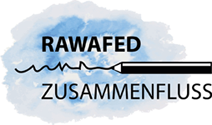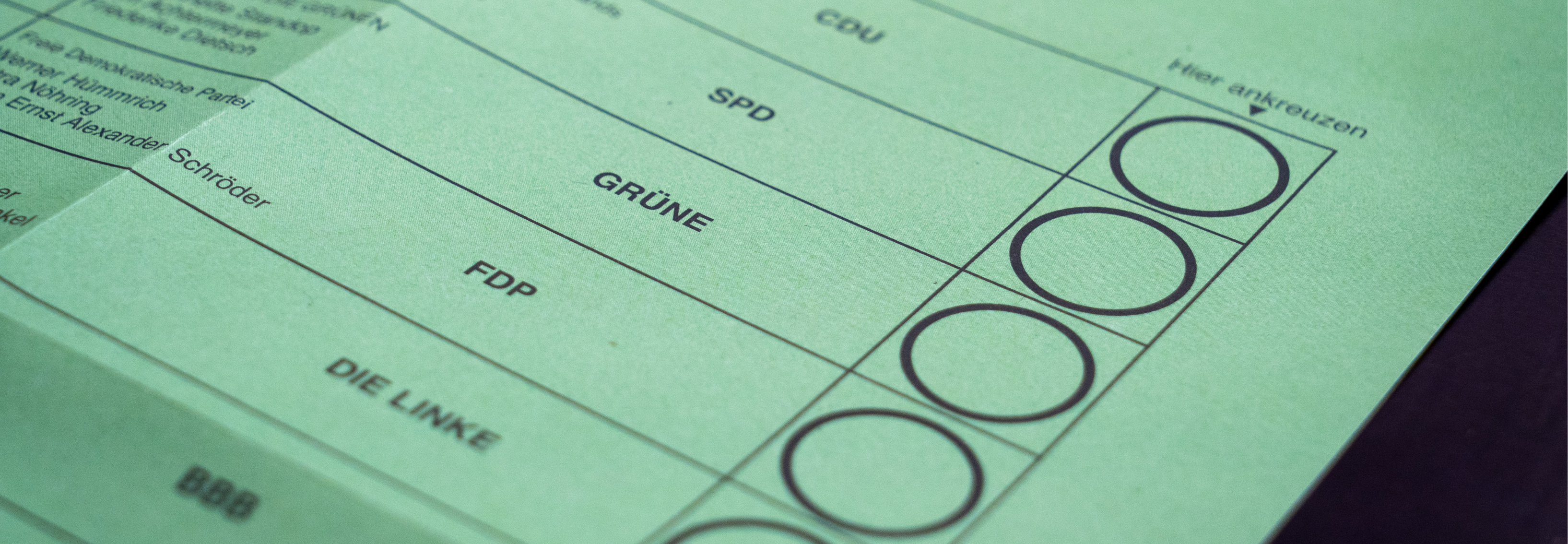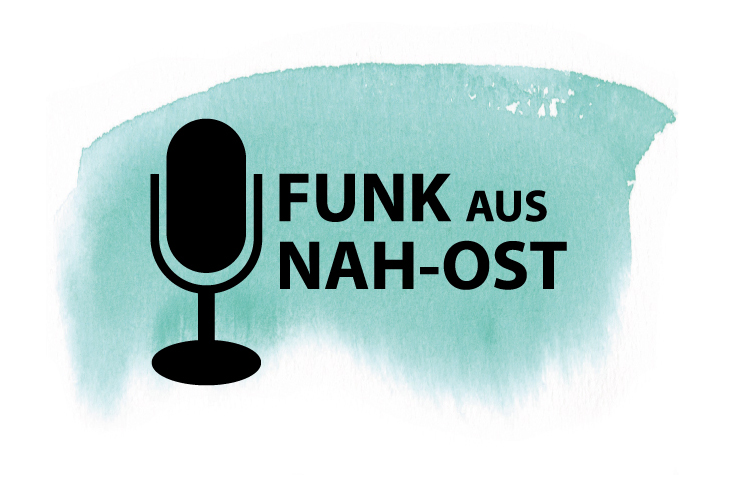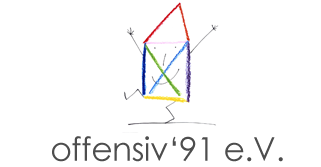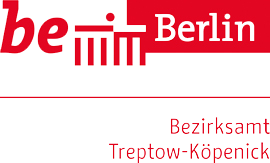Code Like A Girl
We can all agree on how important technology is in our lives today. It's even easier for me to agree when I publish this interview on our magazine's website because it makes possible for you to read it online. We spend hours scrolling down to learn new things, explore the world, and even order our dinner. As the industry gets bigger and takes more places in our lives, the creators get varied with the help of projects supporting women in technology; and one of these projects is ''Django Girls Berlin".
RawafedZusammenfluss: What is 'Django Girls'?
Django Girls: Django Girls is an initiative to encourage women to try programming in a friendly and welcoming environment. We hope, by offering a non-intimidating introduction to the world of programming, it will help women to transfer into the industry and create a more balanced working environment for everyone.
RZ: How did your team come together for Django Girls Berlin?
DG: It all started at the first-ever Django Girls back in 2014; my co-organizer Katharina Albers and myself attended as participants and another 2 organizers; Magdalena Noffke and Magdalena Rother attended as coaches. We were so inspired by how welcoming and friendly the learning environment was. We thought we would try organizing one, email addresses were exchanged and several coffees were arranged, and we went from there. After our first event had succeeded, we decided to organize a second one, and then a third and so on, we are now on our 6th workshop. The organization team has varied a little over the years, our current team consists of us four, plus Lisa Quatmann, Valeria Bogdanova and Sarah Rose.
RZ: What do you think about the technology sources we have today?
DG: Most of it has been created without women even when they are for women. I think it can be frustrating that a big part of our daily lives is currently mainly shaped by men but, as the industry has become more varied lately, it feels like everyone is working hard to make the environment and products more inclusive and it does keep getting better! That being said there is still room for vast improvement but I think we'll get there.
RZ: What will change when we get there?
DG: Having a varied workforce will mean that the products that are created will be applicable to a wider range of people and a broader range of problems will be tackled. If you have people working on things from different backgrounds, who have different experiences of life; then there will be more variation in the ideas and problem-solving techniques and so on, I think this is important, there are so many ways to solve problems in programming and having a mixed team will help find the best solution for all.
RZ: I’m more excited about this project now. How can women apply to your workshop?
DG: People can apply to participate in our workshop here. Normally we have more applicants than places we have, so we have to select who we offer a spot to. We make these decisions based on these guidelines which were laid out by the Django Girls Organization. Having to choose between people is always the worst part, but we try to choose people who will benefit the most from the workshop and who will go on to use and share the knowledge they have gained.
RZ: How advanced they should be when they come to the workshop?
DG: Our participants are normally either total beginners or they have some experience, either with online courses or sometimes they have done a little programming at school. When we have more experienced applicants who we think will benefit from the workshop we try to group them so everyone feels comfortable with their skill level.
RZ: Are they free to create anything they want?
DG: On beginner stage,the workshop aims them to acquire basics, we follow a set tutorial in which participants will create their blog using Django. It introduces many of the basic principles and tools that are needed in coding by a beginner-friendly way. For anyone who finishes early, there are advanced tutorials but it is more about understanding the principles and getting comfortable with the concepts, then finishing the tutorial.
RZ: Some people think the project is sexist because it includes “girls”. What do you think?
DG: It's maybe not the perfect name but anyone who has worked in programming will know that naming is one of the hardest parts of the job (that's a programming joke). Anyway, we mean well and I don't think anyone who has read up on what we are trying to do would be offended even if they feel the name gives the wrong impression.
RZ: Do you accept the help of men in your project?
DG: Absolutely! Some of our best coaches are men, and we get support from friends and supporters at every workshop. This year will be the first year we will have all-female coaches, this is not because we don't want to accept any help from men, but we would like our participants to be encouraged by being taught by someone with whom they can relate and become inspired by.
RZ: Who are the supporters of Django Girls Berlin?
DG: We have been very lucky to have support from so many wonderful companies over the years. This year our supporters include PyConDE, Motion Lab, Jonas
RZ: This project is worth to be supported. When will the next workshop take place?
DG: Our next workshop will take place on the 5th of October at MotionLab.
RZ: Let's code!
Photo by Daria Nepriakhina on Unsplash

This interview is part of the series "Talking to Powerful Women", initiated by Rumeysa Yalazan, who is currently doing an internship at RawafedZusammenfluss.
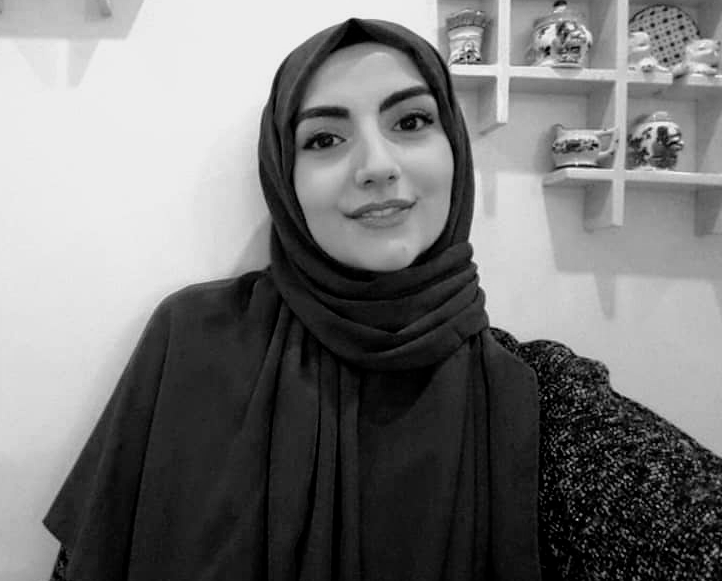
Rumeysa macht derzeit ihren BA in Soziologie an der Abant Izzet Baysal University. Für ihr Studium kam sie nach Berlin, um für RawafedZusammenfluss Geschichten über starke Frauen zu sammeln. Du bist oder kennst eine Frau, die sie portraitieren sollte? Erzähl ihr davon: r.yalazan@offensiv91.de
Rumeysa is currently doing her BA in Sociology at Abant Izzet Baysal University. For her studies she came to Berlin to support RawafedZusammenfluss by collecting stories of powerful women. You are or know a powerful woman that should be portrayed? Tell her via r.yalazan@offensiv91.de
